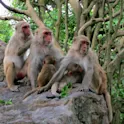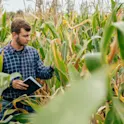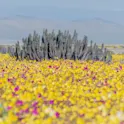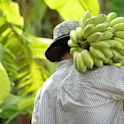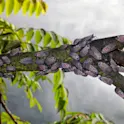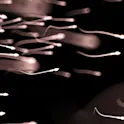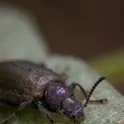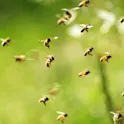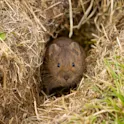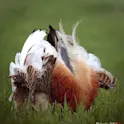
Life sciences
23 Nov 2022
World’s heaviest flying bird may be self-medicating on plants used in traditional medicine
By Mischa Dijkstra, Frontiers science writer Great bustard male displaying on lek. Image credit: Carlos Palacín Researchers show that great bustards in Spain prefer to eat two plant species with compounds active in vitro against protozoa, nematodes, and fungi: corn poppies and purple viper’s bugloss. Males, who spend much time and energy on sexual displays during the mating season, have a stronger preference for these plants than females, and more so during the mating season than at other times of the year. The authors thus consider great bustards as prime candidates for non-human animals that self-medicate, but stress that more research is needed to definitively prove this. If you see a great bustard (Otis tarda) in the wild, you’re unlikely to forget it. Massive, colorful, and impossible to mistake, they are the heaviest birds living today capable of flight, with the greatest size difference between the sexes. They are also ‘lek breeders’, where males gather at chosen sites to put on an audiovisual show for the visiting females, who choose a mate based on his appearance and the quality of his showbirdship. But now, a study in Frontiers in Ecology and Evolution suggests that great bustards have another claim to […]
